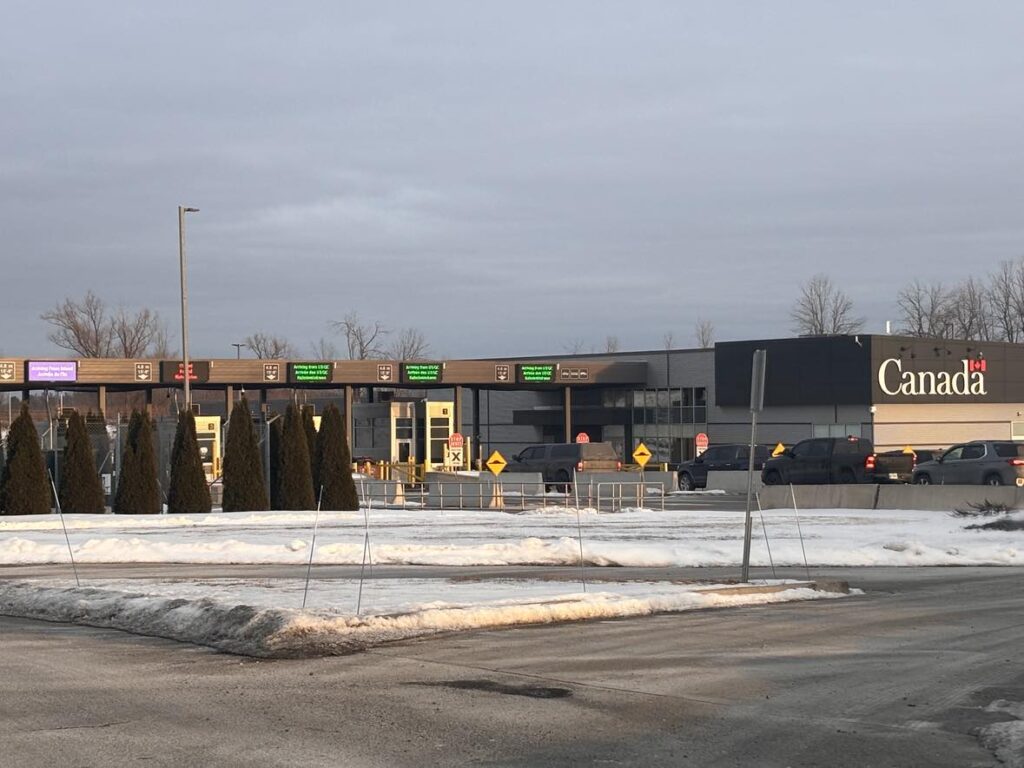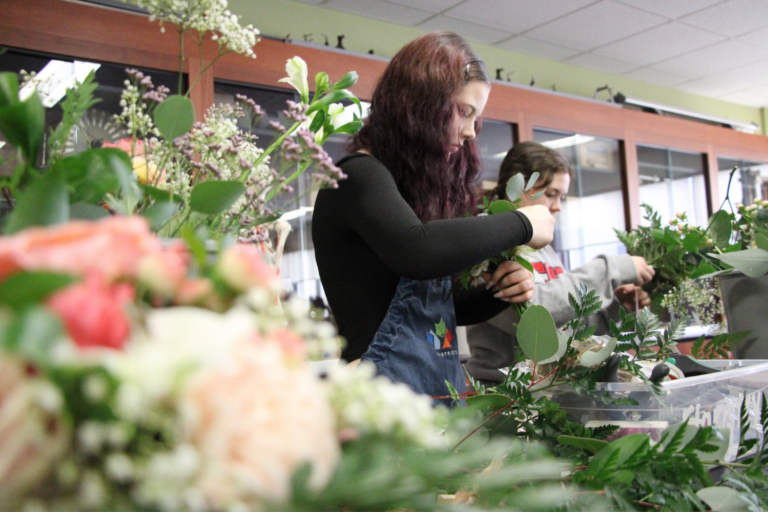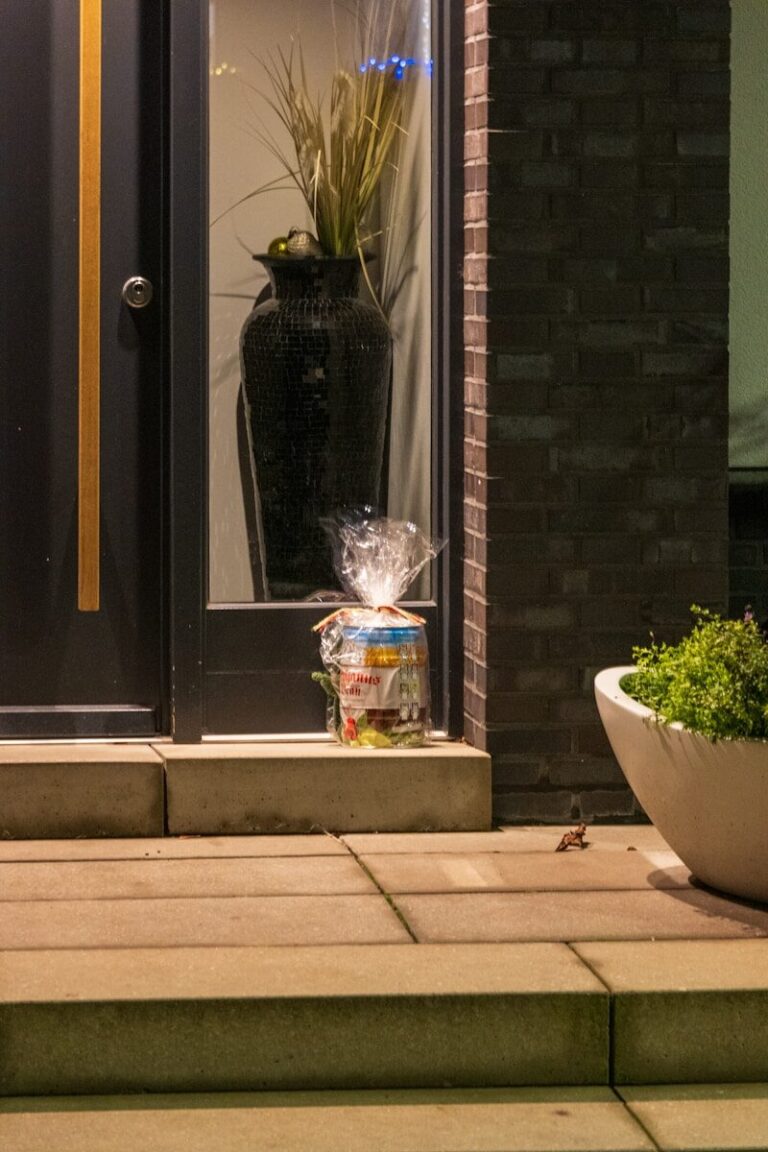
Cornwall, Canada – In a significant move to enhance the border crossing experience, the Canada Border Services Agency (CBSA), in partnership with the Mohawk Council of Akwesasne (MCA), has announced the successful transition of a pilot project into a permanent fixture at the Cornwall port of entry. The initiative, which began in late 2020, involves the establishment of a dedicated Domestic Lane, designed to streamline the crossing process for domestic travelers, notably benefiting the residents of Akwesasne.
The Birth of the Domestic Lane
The Domestic Lane, initially introduced as a pilot project, was launched to address the unique geographical challenges posed by the Cornwall port of entry. This specialized lane is exclusively available to travelers who have not entered the United States, including those commuting directly to and from Kawehno:ke (Cornwall Island). The lane serves both residents and non-residents of Akwesasne, with clear signage at the port to guide travelers.
Impact and Benefits
Since its inception, the Domestic Lane has significantly eased border crossing procedures. Travelers have reported shorter wait times and reduced congestion, resulting in a smoother and more efficient experience. This improvement is particularly impactful for Akwesasne residents who frequently cross the border for various daily activities such as school, work, shopping, and healthcare.
Collaboration at the Core
The Domestic Lane is a product of the Border Collaboration Initiative, a joint venture between the CBSA and MCA. This initiative exemplifies the commitment of both parties to improve the daily lives of those who use the Cornwall port of entry. The CBSA has expressed its dedication to collaborating with Indigenous partners. This collaboration aims to deliver integrated border services that uphold national security and public safety while facilitating the free movement of people and goods.
Commitment to Reconciliation
In line with its commitment to Reconciliation, the CBSA has been actively working with Indigenous Peoples and communities to address challenges related to border mobility. This collaborative effort is rooted in respect, partnership, and recognition of Indigenous rights, ensuring a harmonious relationship and enhanced border crossing experiences.
Forward-Looking Statements
CBSA President Erin O’Gorman highlighted the success of the Domestic Lane, stating, “The Domestic Lane demonstrates what’s possible when we listen to one another and work together. By reducing wait times and speeding up processing, the Domestic Lane has improved the experience at the Cornwall port of entry for Akwesasne residents who need to cross regularly for school, work, shopping and healthcare. We’re committed to ongoing dialogue and collaboration with the Mohawk Council of Akwesasne as we continue to build a path to support this community.”
Echoing this sentiment, MCA Grand Chief Abram Benedict acknowledged the improvements, remarking, “The Domestic Lane is an example of improvements that have been made, and will ideally continue to be made, to improve the border crossing experience for residents of Akwesasne. We continue to work with the CBSA to ensure the concerns of our community members are heard. Through our partnership, we will continue to find modern solutions to address the historic complications created by the drawing of the international border.”
The successful implementation of the Domestic Lane at the Cornwall port of entry stands as a testament to the power of collaboration and mutual respect. It is a significant step forward in enhancing the border crossing experience for the Akwesasne community and a shining example of effective partnership between a national agency and Indigenous governance.












